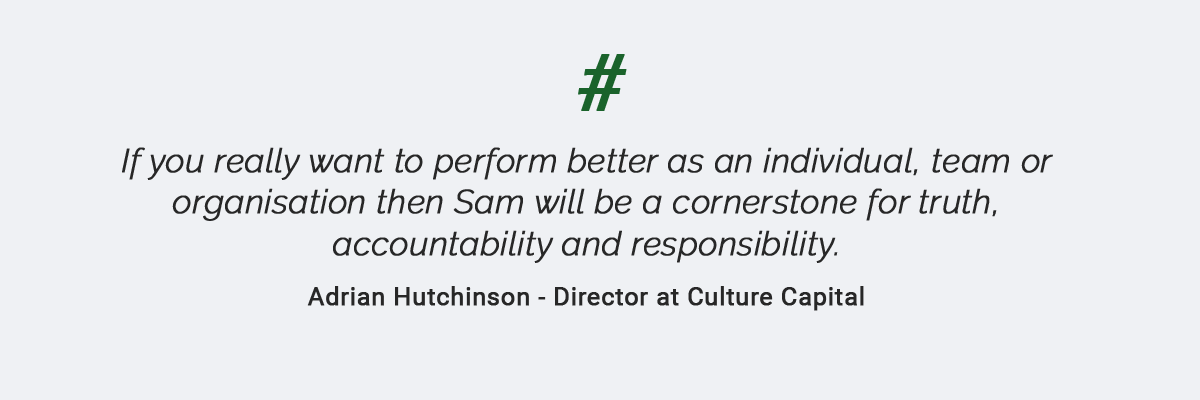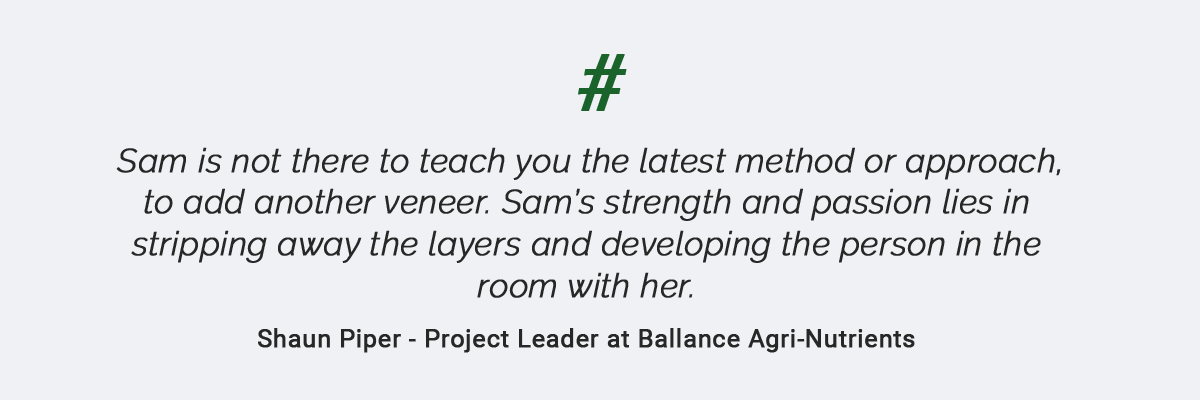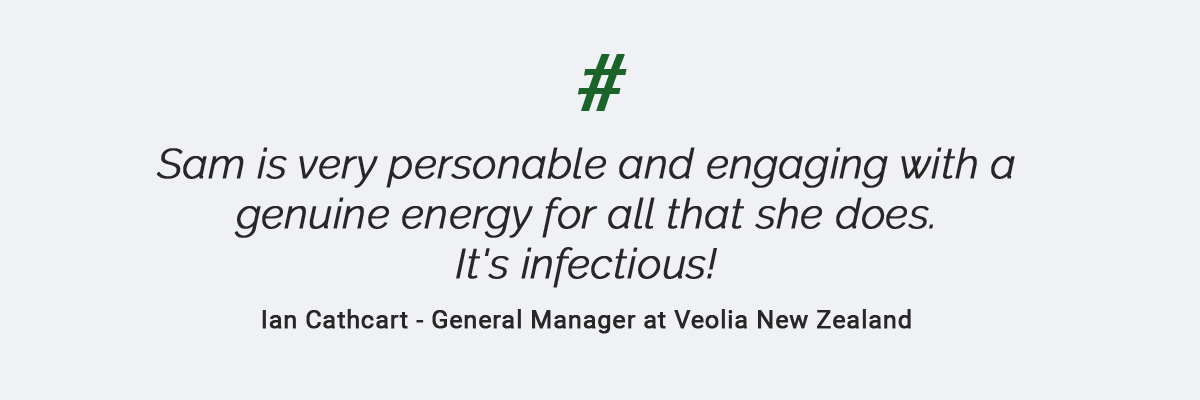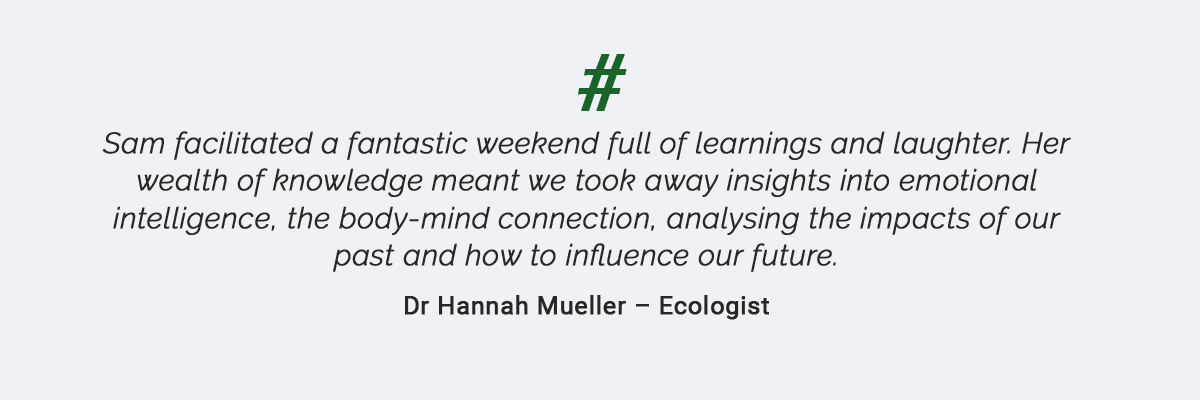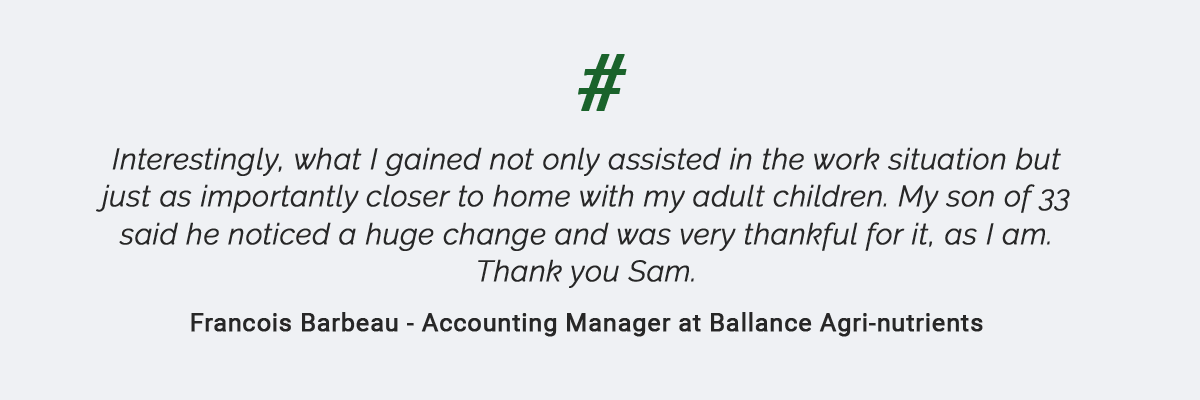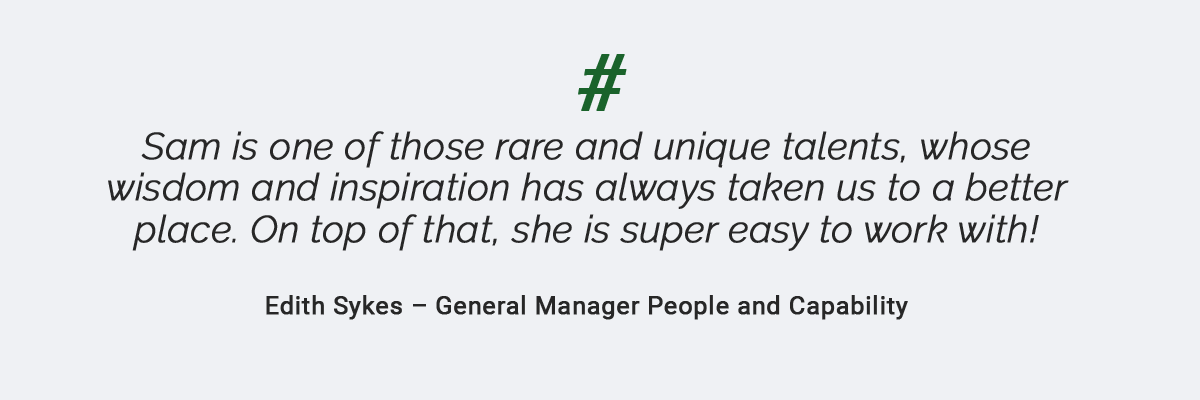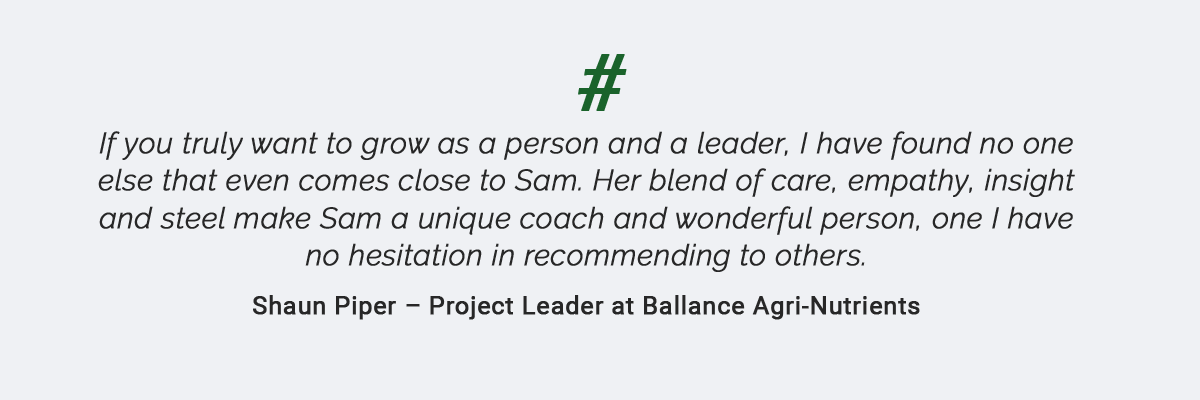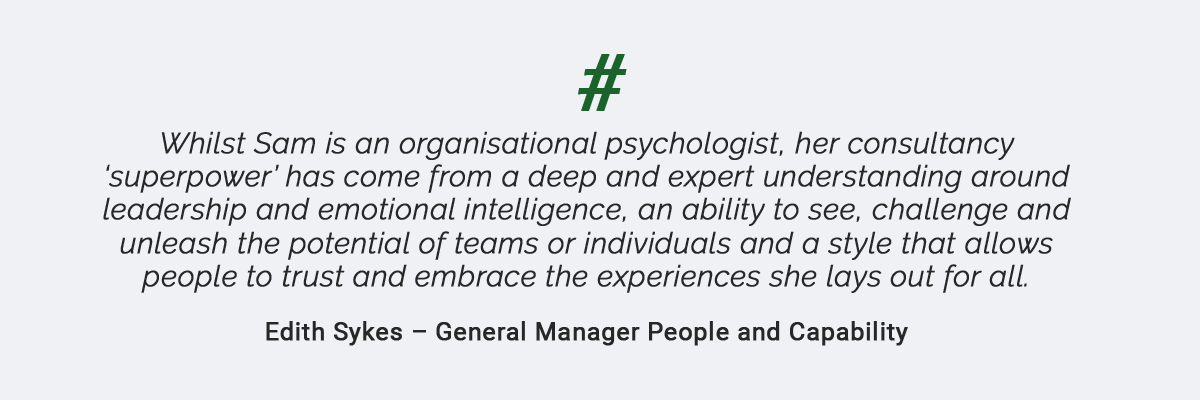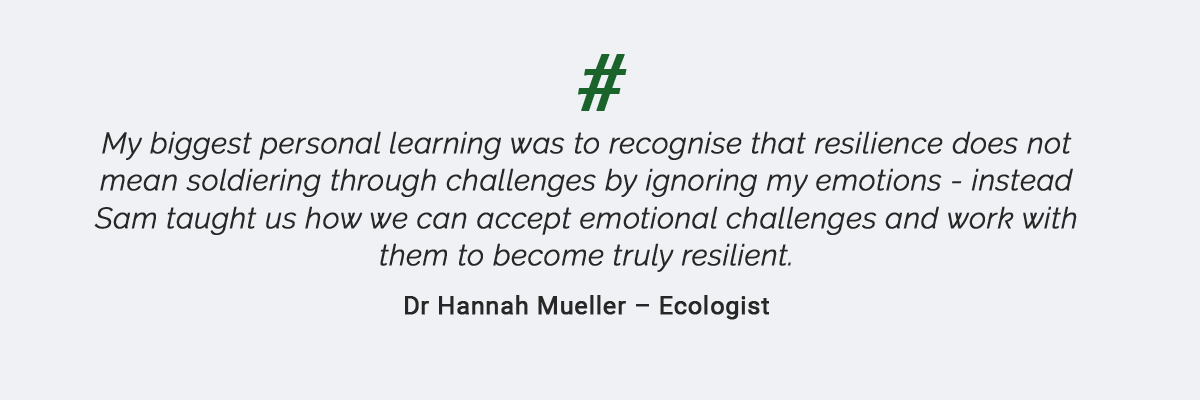The neurons in our brain are living cells with a metabolism; they need oxygen and glucose to survive, and when they’ve been working hard, we experience fatigue.
What’s more our world is now awash in an unprecedented volume of data. Every email, status update you read on Facebook, tweet or text message; is competing for resources in your brain and unfortunately our brains haven’t evolved quickly enough to deal with this data. Brain exhaustion has also been linked to an increase in stress related disorders such as depression and anxiety.
So when was the last time you proactively looked after your brain, and your mind, to make sure it stays fighting fit well into the future?
Here are 8 practices to help you do just that:
1. Create some space in your diary to embrace the third space!
We move between multiple activities and meetings at such fast pace that we very rarely take the time to process the emotions and thoughts that may have been caused at each stage. Factor in some time, even just 3 minutes to breathe in the third space (the pace between two different activities). The third space is a space to consciously reflect, breathe and reset so we can show up to be our best no matter what life throws at us. It also has been shown to help train the brain to better adjust to different stressful reactions.
Here is a clip to tell you more about the third space and how to adopt it into your every day life.
2. Get out in nature.
Nature has a beautiful way of grounding us. You will also be pleased to know that brisk walking boosts endorphins, the feel-good hormones that improve your mood and lower stress and mild depression. Walking gives you more energy, which also improves your positive feelings.
According to research, walking through green spaces can put the mind into a meditative state, allowing you to pay attention to the world around you, while creating the calmness needed for reflection. It’s in this calm, quiet reflective state where our creativity can flourish.
I often do ‘walk and talk meetings’ with my clients out in nature and it is amazing how much more they are able to process things and engage the more creative parts of their brain to problem solving.
So let go of those schedules (or create some outside schedules if you must) and take some meaningful walks, soaking up your surrounds and breathing in the good natural air.
3. Create a daily meditative ‘feeling’ habit!
Yes you heard it! We can’t think and feel at the same time so factor in some pure feeling time into your busy day. I like to do a body scan a day. At a point in the day (morning, lunch time or night time work well), carry out a simple body scan from your feet up to your the crown of your head and down your arms; noticing, without judgement, how your body feels. If you do this daily you will create a new neural pathway and learn to consciously slow the thinking brain down when you need it most!
Here is a guided body scan that you can find on Insight Timer (a great resource for guided meditations of all kinds)
I also like to meditate on my breath as it is a resource that goes with you everywhere, so you can draw on it whenever you need some extra mindfulness, and strength.
4. Exercise.
If jumping straight to being present is too much for you then use the bridging effects of exercise.
Exercise helps take you from the thinking mind into the feeling body without the struggles that some people experience with the very act of just sitting still. People are a lot more likely to rest their mind after a big dose of exercise so give it a try, monitor how active your brain is before and after exercise and test it for yourself. Vinyasa flow yoga is a perfect example of this at play. The combination of physical exercise with a conscious awareness of my breath sends me much quicker into a calmful place of rest through the shivasana (time to lay and rest) at the end of the class. Vinyasa classes are pretty popular so do a google search and find one near you. This little sanctuary can also double up as your resting place. A physical place to go to when you need an extra dose of recharge.
5. Take a dip in the ocean.
Wallace J. Nichols, a marine biologist, says we have a "blue mind- a mildly meditative state characterized by calm, peacefulness, unity, and a sense of general happiness and satisfaction with life in the moment”. This is triggered when we're in, or near, water and is said to be linked right back to when we were in the womb.
Also water triggers a mammalian response, or dive reflex as its known, where our heart rate can slow down as much as 50% and induce calming effects by the simple act of placing our face in water.
So see how you can bring water in your life on a daily basis.
6. Create some simple daily rituals.
Simple daily rituals help us feel safe and secure. Our brain goes ‘I have been here before, this feels nice and comforting, I am safe’ which is particularly helpful through times of stress and chaos.
A cup of tea with lemon in the morning, the simple act of making the bed or tiding up a beautiful space.
I like to take the time in the morning before even considering work ,to make my bed, sit for at least 5 minutes with a warm lemon drink to help keep me present and grounded and then set some purposeful intentions for the day, which are as much about how I want to feel as what I want to do. There is a reason we are called human beings not doings after all! I like to remember that each day.
Whatever works for you, create some things that feel good, be present and try and adopt them into your daily routine.
7. Rewire your brain to focus on the positive.
Your brain at positive is 31% more productive than your brain at negative, neural or stressed according to Shawn Achor in his famous talk on the ‘happy secret to better work’.
He states that 90% of your long term happiness is predicted not by your external world but by the way you process your world. This is great as it means we know we can create a more positive and happy life for ourselves just by better managing our mind.
If you don’t believe him then take a read of this book by Victor Frankl ( a holocaust survivor who managed his mind to truly ‘live’ through the experience).
He quotes that ‘Everything can be taken from a man but one thing: the last of the human freedoms—to choose one’s attitude in any given set of circumstances, to choose one’s own way.’
““Between stimulus and response there is a space. In that space is our power to choose our response. In our response lies our growth and our freedom.””
8. Journal
If you’re struggling with where to begin to turn your negative mind into a positive, then consider journal writing. The benefits of journal writing are multiple, making it one of the easiest and most impactful tools you can have in your toolkit.
Shawn Achor says that 2 minutes of positive reflection time and journalling a day for 21 days is said to literally re-wire your brain to have a positive advantage. Ie instead of scanning for all the negatives in your life (which is actually a survival mechanism we are born with) you will start searching for all the positive.
Journal on positive things to help create a more positive pathway, journal on gratitude, journal to re-wire yourself from positive to negative, journal to help you change your internal narrative.
One of my favourite journals is ‘Beautiful Thoughts’ by Frank as it helps you process thoughts weekly, and focus in on a beautiful thought for the week to keep you anchored in the positive. It also helps you tune into how you are feeling in any given moment which is valuable in dealing with emotions and building emotional intelligence.
Even if you just take a couple of these practices and embed them into your weekly routines you will better prepare your mind for adverse stress that might be around the corner. You are also likely to start to experience more feelings of calm, freedom and positivity on a daily basis, realising that you really do have the power to be calm even amongst the chaos.
If you want some help in creating such habits then why not join me for my retreat in March ‘Emotional Intelligence in Practice’ and see for yourself the benefits of mind management.
It is my hope that we spend more time looking after those minds of ours and helping create a more fulfilled and positive life.
Samantha Tomkinson is a psychologist who helps leaders lead from both their hearts and minds through the development of self awareness, confidence and emotional intelligence.
She is a coach, facilitator and runs programmes on mind and emotional intelligence.
Join one of her programmes to experience emotional intelligence in practice and feel what its like to have a calmer mind!









